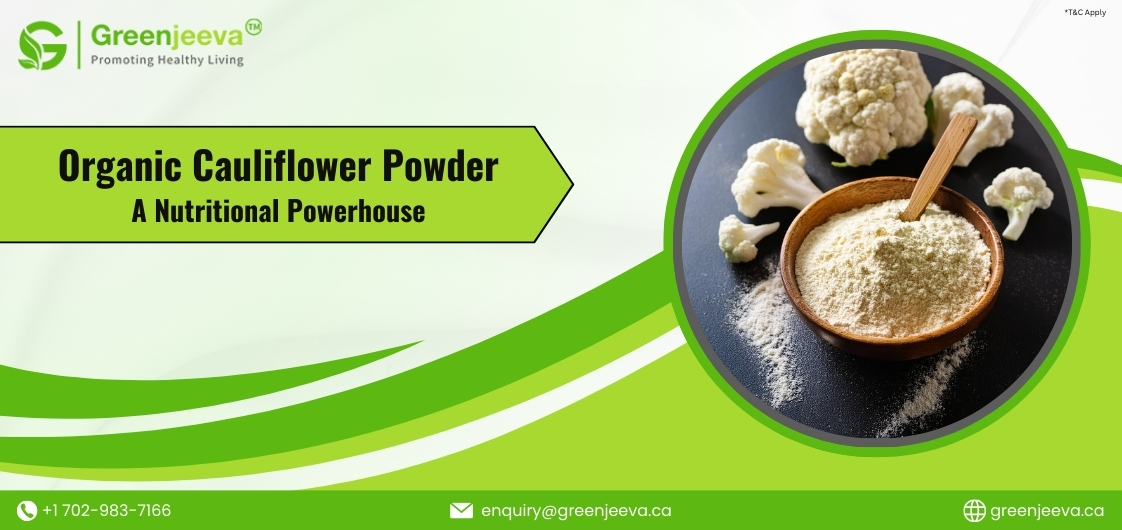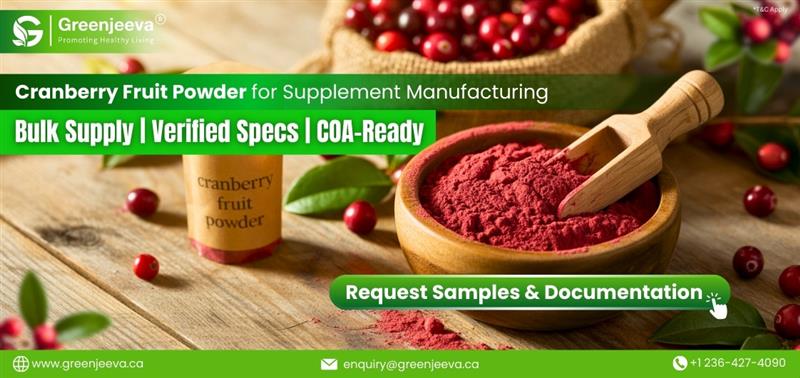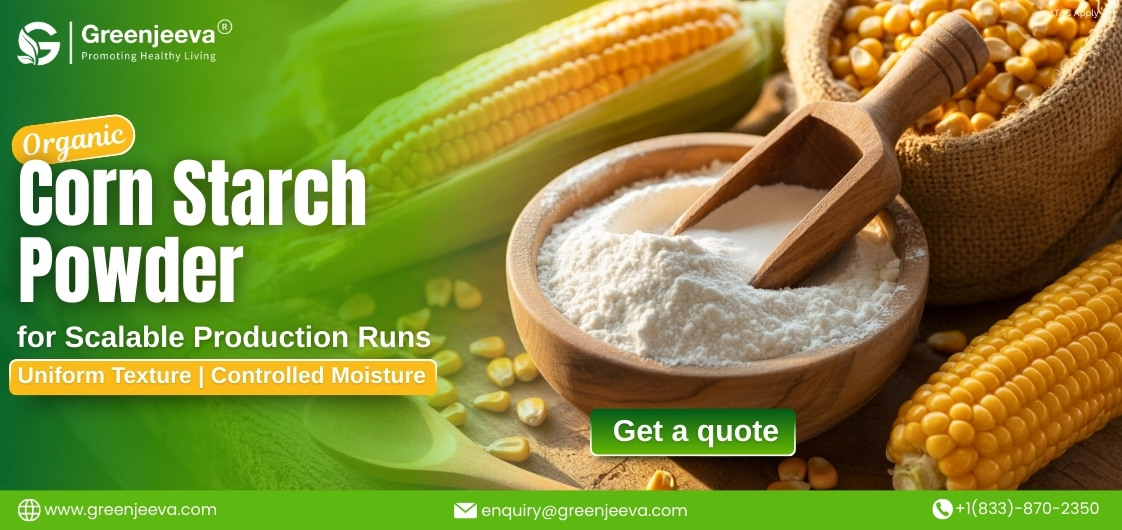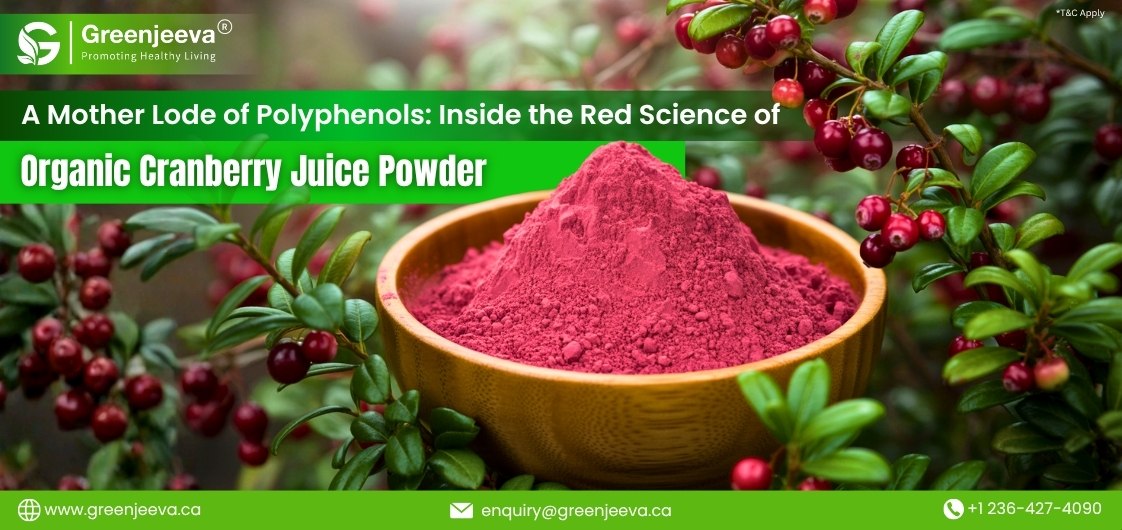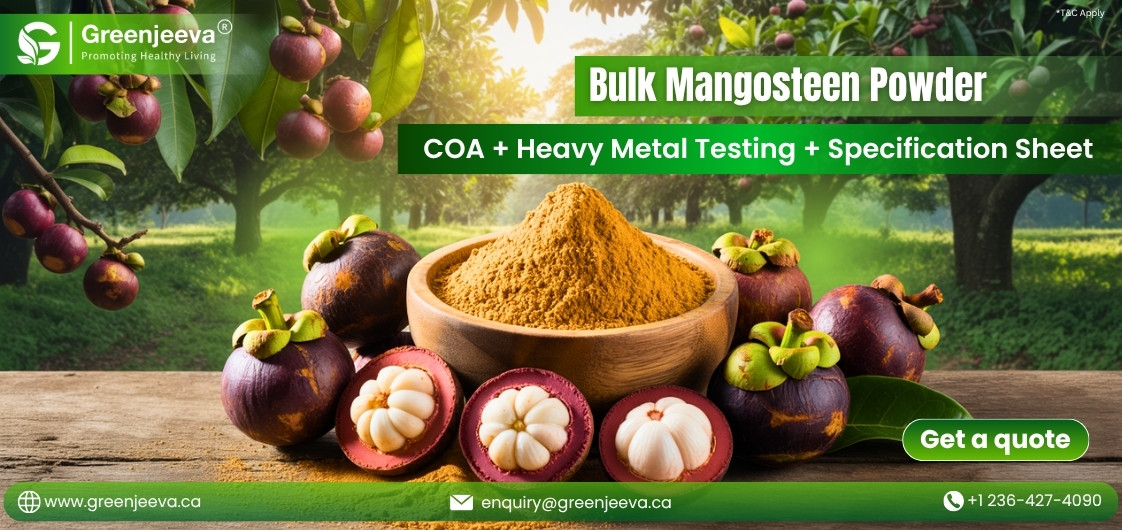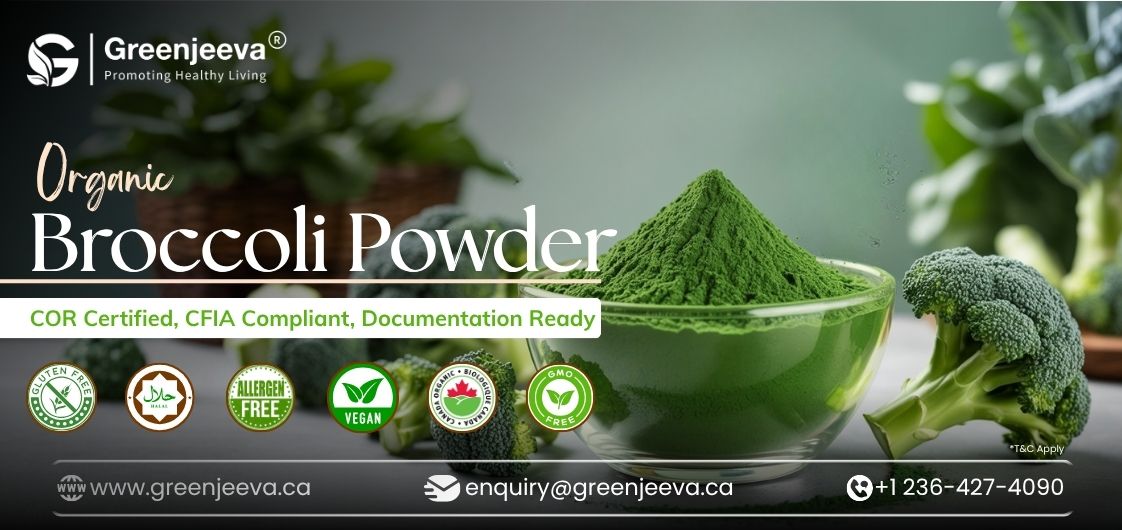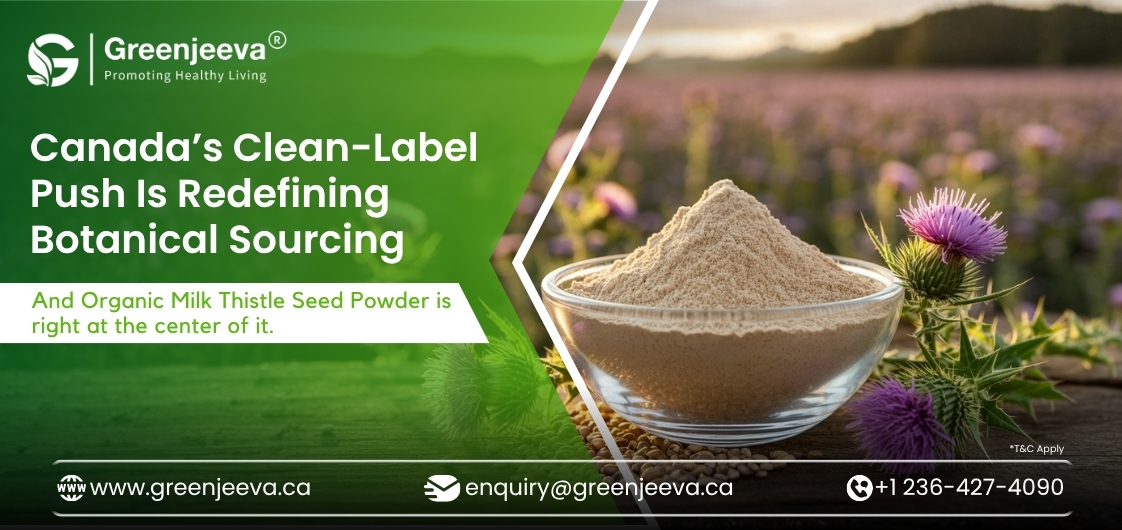In recent years, the food industry has witnessed a surge in innovative ingredients that cater to health-conscious consumers. Among these, organic cauliflower powder has emerged as a versatile and nutritious addition to various food products. This unassuming vegetable, transformed into a fine powder, is revolutionizing food formulations across the board.
The Rise of Cauliflower in the Food Industry
Cauliflower has long been appreciated for its mild flavor and nutritional benefits. However, its transformation into a powder form has opened up new possibilities for food manufacturers. Organic cauliflower powder offers a way to incorporate the vegetable’s benefits into a wide range of products, from baked goods to beverages.
Nutritional Powerhouse in a Convenient Form
One of the primary advantages of organic cauliflower powder is its impressive nutritional profile. Rich in vitamins C and K, folate, and fiber, it provides a significant nutritional boost to any product it’s added to. For food manufacturers looking to enhance the health appeal of their offerings, cauliflower powder presents an excellent opportunity.
The powder form also concentrates these nutrients, allowing for a higher nutritional density compared to fresh cauliflower. This means that even small amounts can contribute significantly to a product’s overall nutritional value.
Low-Carb, Gluten-Free Alternative
As consumer demand for low-carb and gluten-free options continues to grow, organic cauliflower powder shines as a versatile alternative. It can partially or fully replace wheat flour in many applications, reducing the carbohydrate content while maintaining texture and bulk.
This attribute makes it particularly valuable in the development of products for specific dietary needs, such as keto-friendly or gluten-free items. Food manufacturers can tap into these niche markets without compromising on taste or texture.
What is Cauliflower Powder Used For?
The applications of organic cauliflower powder in food production are remarkably diverse:
• Baked Goods: It can be incorporated into bread, muffins, and crackers to boost nutritional content and reduce carbohydrates.
• Smoothie and Protein Mixes: As a nutrient-dense addition to powdered drink mixes, it enhances both nutritional value and texture.
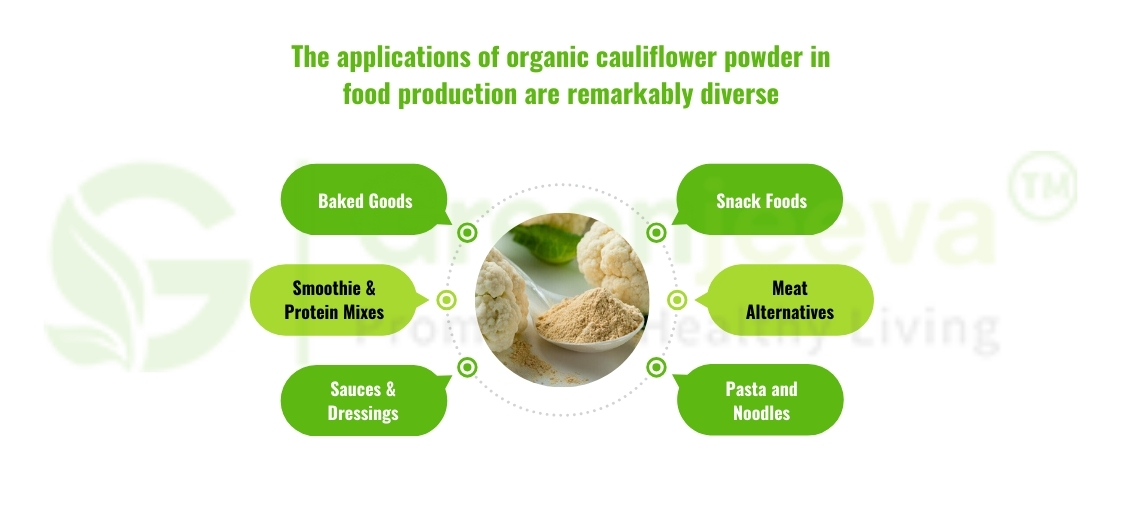
• Sauces and Dressings: Cauliflower powder can act as a thickening agent while adding nutritional benefits.
• Snack Foods: People use it to produce healthier chips and crisps, offering a vegetable-based alternative to traditional snacks.
• Meat Alternatives: In plant-based meat substitutes, cauliflower powder can contribute to texture and nutritional profile.
• Pasta and Noodles: Low-carb pasta options often incorporate cauliflower powder as a key ingredient.
Clean Label Appeal
In an era where consumers are increasingly scrutinizing ingredient lists, organic cauliflower powder offers a clean label solution. It’s simple, recognizable name aligns with the trend towards natural, minimally processed ingredients.
For food manufacturers, this means being able to create products that appeal to health-conscious consumers without resorting to artificial additives or complex ingredient lists. The “organic” designation further enhances this appeal, meeting the growing demand for organic options in the marketplace.
Flavor Versatility
Despite its distinct flavor when fresh, cauliflower powder has a surprisingly neutral taste profile. This neutrality makes it an excellent base ingredient that doesn’t overpower other flavors in a formulation. Food developers can experiment with various flavor combinations without worrying about an intrusive vegetable taste.
This versatility allows for its use in both savory and sweet applications, broadening the scope of potential products it can enhance.
Improved Texture and Functionality
Beyond its nutritional benefits, organic cauliflower powder contributes to the texture and functionality of food products. It can improve moisture retention in baked goods, enhance the creaminess of sauces, and provide body to beverages.
In gluten-free baking, where achieving the right texture can be challenging, cauliflower powder can help mimic some of the structural properties typically provided by gluten. This makes it a valuable tool for manufacturers developing gluten-free alternatives to traditional wheat-based products.
Challenges and Considerations
While the benefits of organic cauliflower powder are numerous, food manufacturers must navigate some challenges:
• Flavor Masking: In some applications, additional flavoring may be necessary to completely mask the subtle cauliflower taste.
• Moisture Management: Cauliflower powder can absorb moisture, which needs to be accounted for in formulations.
• Supply Chain: Ensuring a consistent supply of high-quality organic cauliflower powder may require careful supplier management.
• Cost Considerations: As a specialty ingredient, it may be more expensive than traditional alternatives.
Future Outlook
The future looks bright for organic cauliflower powder in the food industry. As consumer interest in plant-based, nutrient-dense foods continues to grow, this versatile ingredient is well-positioned to meet evolving demands.
Food manufacturers who can creatively incorporate organic cauliflower powder into their products stand to benefit from its nutritional profile, clean label appeal, and functional properties. As research and development in this area progress, we can expect to see even more innovative applications of this remarkable ingredient in the years to come.
**The Food and Drug Administration has not evaluated these statements. This product is not intended to diagnose, treat, cure, or prevent any disease.**


